Sunrooms offer indoor comforts and beautiful views of the outdoors. A sunroom on your property can be a wonderful addition to your home, but it needs special care and attention.
Sunrooms’ windows collect condensation which is very conducive to the growth of mold or mildew. Your sunroom can develop a musty or foul-smelling odor if it is infested with mold and mildew. Furniture can also become stained.
How can you tell if your Florida sunroom is contaminated with mold? Some molds are visible, while others can hide. These are the ways to check for mold or mildew in your sunroom:
- Check for discolorations on the ceilings and furniture surfaces.
- You may smell musty, foul-smelling odors.
- Mold testing kits can be used at home.
To inspect and test your sunroom for mold or mildew, you can call a professional. Pyramid Aluminum says that aside from damaging your sunroom and skin irritations, mold and mildew can be dangerous for your health. They can lead to allergies, respiratory disease, skin irritations, autoimmune disorders, mental changes, and even alteration of your mental state.
All of these require you to keep your sunrooms free from mold and mildew. How can you do this? Here are some tips to help you get there.
1. Regular Cleaning of the Sunroom
Over time, dust, soil, or pollen can build up on your floor and furniture. These dirty surfaces can become breeding grounds for mold and mildew when they are exposed to moisture and heat.
It is important to keep your sunroom clean in order to prevent mildew and mold growth. Regularly clean all surfaces, including the floor, fabric, chaise lounge, armchairs, cushions, carpets, and fabrics. This will make it difficult for mold and mildew to grow on your furniture’s synthetic fibers.
2. Prevent Excessive Moisture
To prevent excess moisture from entering your sunroom, keep the windows closed when humidity is high (early morning, evening, night, and days with high forecasts). Sunrooms that are left open during high humidity periods will allow sufficient moisture to penetrate the windows.
The moisture from the sun will settle on your furniture, creating a breeding ground for mold or mildew. You should seal your sunrooms’ windows and make sure that they are airtight so that moisture cannot penetrate. You can let moisture in through small cracks in your window seals.
Wait until the sun shines before opening your windows if you feel any dampness in your sunroom. The sun’s heat will dry out the moisture that was a substrate for mold growths.
To reduce moisture levels in your sunroom, you can also use a humidifier. You should limit how much you use the sunroom as excessive usage can cause damage to furniture and fabrics.
3. Administer Moisture-Absorbing Chemicals
You can use moisture-absorbing chemicals like silica gel and activated alumina to remove moisture from your sunroom. This will make your sunroom more humid and prevent mold and mildew from growing.
These chemicals are safe for fabrics and furniture. They can also quickly soak into cloths. The chemicals can be administered to your sunroom using cloth bags, packets, or open containers.
4. Prevent Musty Odors
If you notice a musty, foul-smelling odor in your sunroom, it is likely that there is mold or mildew. To ensure that your sunroom is free from mold and mildew, you must eliminate the musty odor.
The following steps can be taken to prevent musty odors:
- The room should be kept warm and dry.
- When the sun shines, open the windows
- Use bleaching powder or chlorinated lime to clean the floor.
You should test the cleaning products first in a small area. This will allow you to test the cleaning products for any discoloration or damage before applying them to a larger area.
The simplest way to prevent mold and mildew growth in your sunroom
A sunroom on your property can be a wonderful addition to your home. However, it needs special care and attention in order to prevent mold growth.
Your health is at risk from mold and mildew. Mold and mildew can cause damage to furniture and a musty odor in your sunroom. Here are some tips to help prevent mold and mildew growth from your sunroom.
- Regular cleaning of the sunroom
- Prevent excessive moisture
- Administer moisture-absorbing chemicals
- Prevent musty odors
To inspect your sunroom for mold or mildew, you can call a professional.
This article was written by Bob Elliot, Bob is the sales/design consultant for Pyramid Aluminum Inc. Pyramid Aluminum Inc is dedicated to providing installation of aluminum patio enclosures designed with an eye to detail and built for the long-lasting value our clients deserve. We are fully equipped to handle any project in the Tampa Bay area. Residential or commercial, no job is too large or too small!


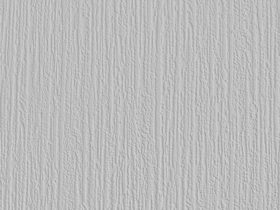
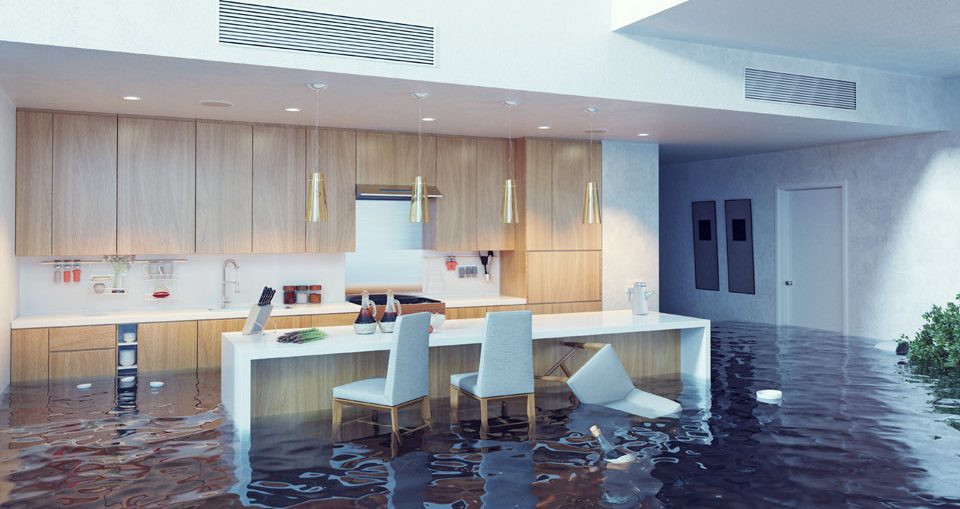
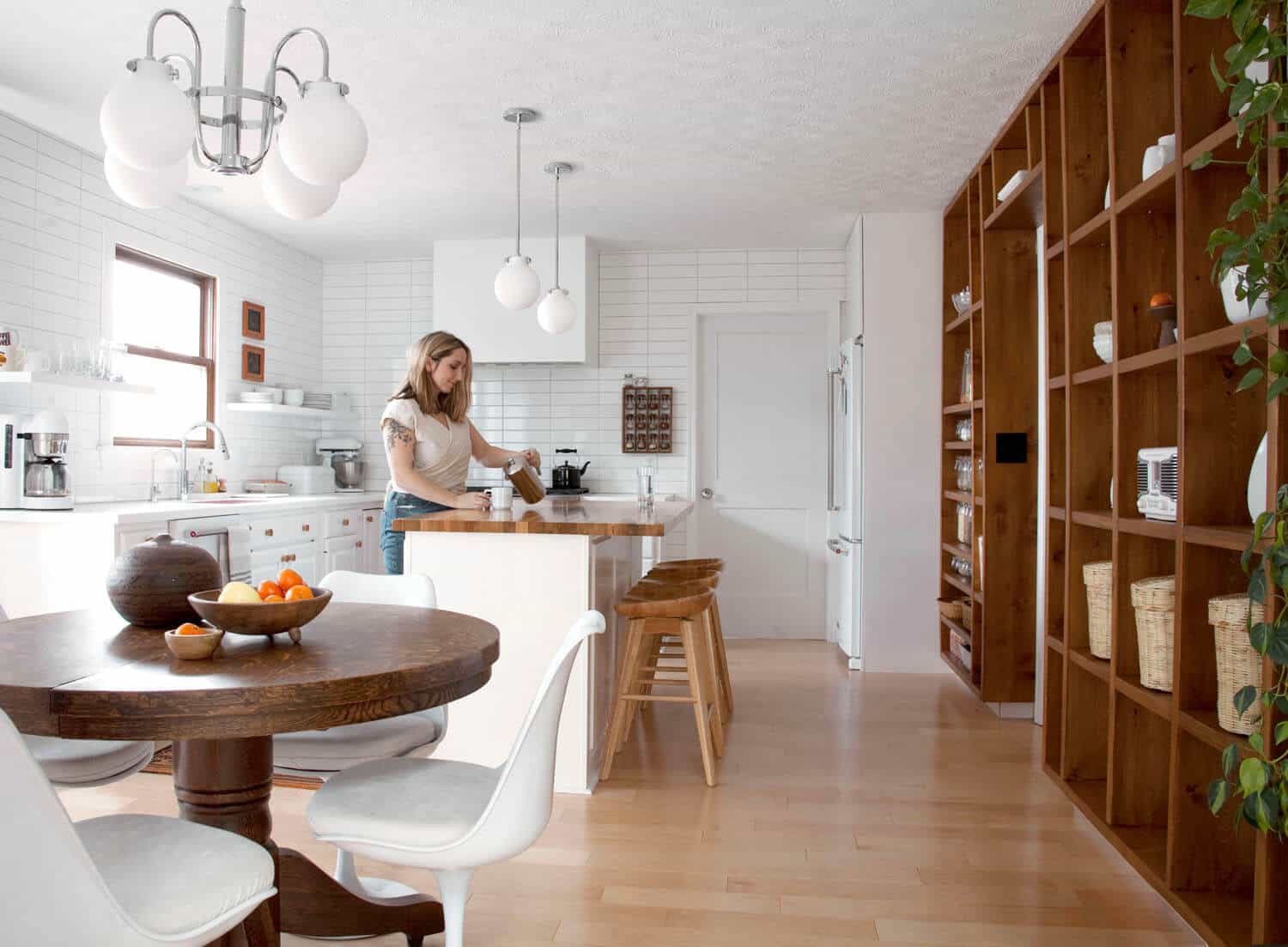

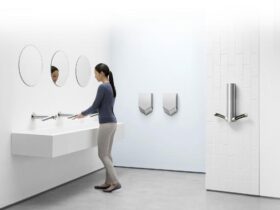
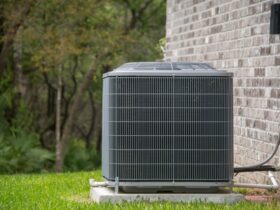




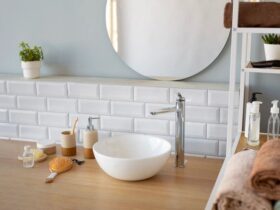


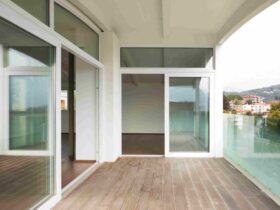



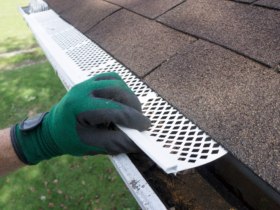
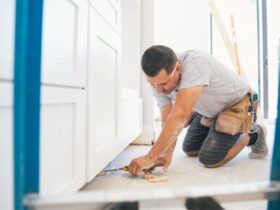
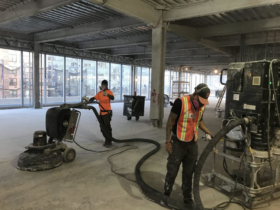
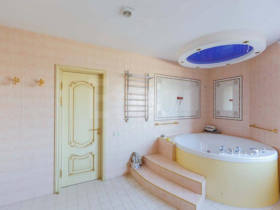








Leave a Reply